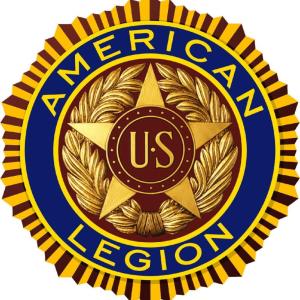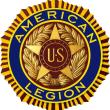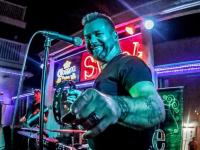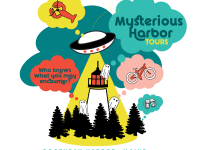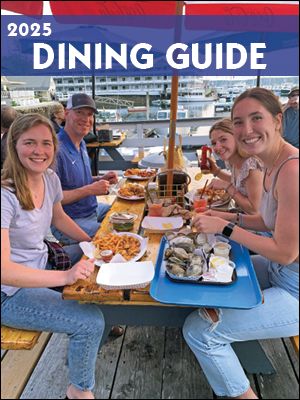American Legion Post 36
Every year on June 27, our nation pauses to observe PTSD Awareness Day—a time dedicated to enhancing understanding of Post-Traumatic Stress Disorder and acknowledging the deep toll it takes on those who live with it. While PTSD can affect anyone who has experienced trauma, this day holds special significance for veterans, many of whom carry the invisible scars of war long after they return home.
PTSD Awareness Day was established by Congress in memory of Staff Sergeant Joe Biel, an Iraq War veteran who died by suicide in 2007 after a long struggle with PTSD. Biel's death was a heartbreaking reminder that many of our heroes continue to fight personal battles long after the battlefield is behind them. In his honor, June 27 now serves as a national call to action — to spread awareness, combat stigma, and advocate for better support and care.
PTSD is not a sign of weakness. It is a recognized medical condition that can develop after experiencing or witnessing a life-threatening or traumatic event, such as combat, sexual violence, serious accidents, or natural disasters. Common symptoms include recurring flashbacks, nightmares, emotional detachment, avoidance behaviors, heightened irritability, and persistent hypervigilance. These symptoms can make it difficult for individuals to function in daily life, hold down a job, maintain relationships, or feel safe in their own bodies.
Veterans are especially at risk. According to the Department of Veterans Affairs, between 11% and 20% of veterans who served in Operations Iraqi Freedom and Enduring Freedom experience PTSD in any given year. Despite these numbers, many veterans do not seek treatment — not because help isn’t available, but because stigma, fear, and misinformation often keep them silent. Some worry about being labeled as “broken” or “unstable,” while others may not even recognize the symptoms they’re experiencing as PTSD.
That’s why PTSD Awareness Day is so important. It shines a light on the real, ongoing struggles that trauma survivors face. It also offers an opportunity to break down the barriers that prevent people from getting the help they deserve. PTSD is treatable. Recovery is possible. And seeking help is not a sign of weakness — it’s a courageous and powerful step toward healing.
We, the American Legion, urge everyone to support organizations that serve veterans and trauma survivors — including the American Legion and VFW, as well as local efforts like V.E.T.S. and Maine Veterans in Need. We also encourage individuals to talk with and listen to those affected by PTSD. Understanding starts with empathy, and empathy begins with listening — without judgment and without assumptions.
On PTSD Awareness Day, we honor the strength and resilience of those who live with trauma every single day. We recommit ourselves to creating a community where no one suffers in silence, and where every voice is heard, understood, and supported.
If you or someone you know is struggling, help is available. Call the Veterans Crisis Line at 988, then press 1. You are not alone — and you are never without hope.



